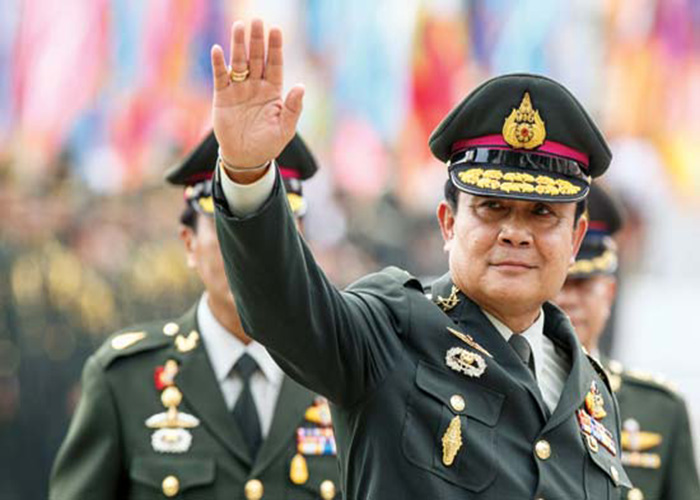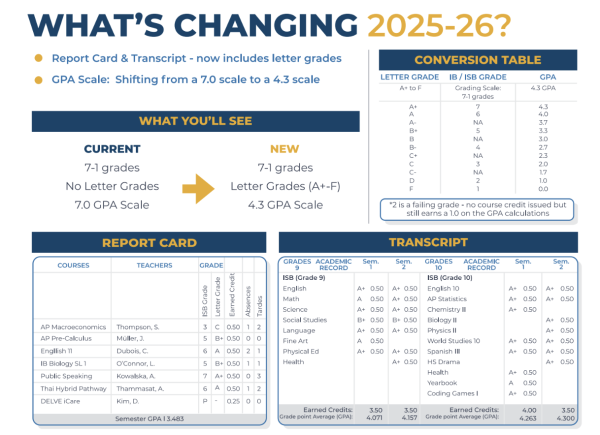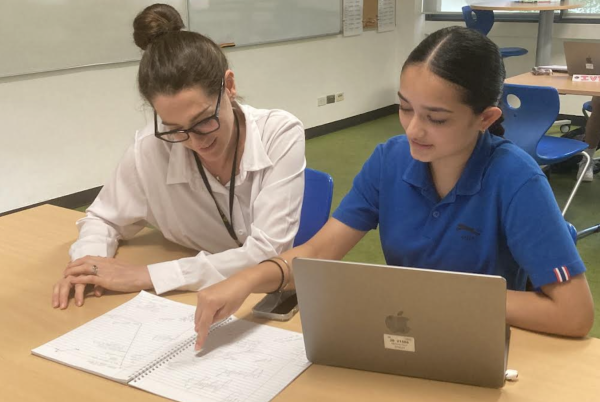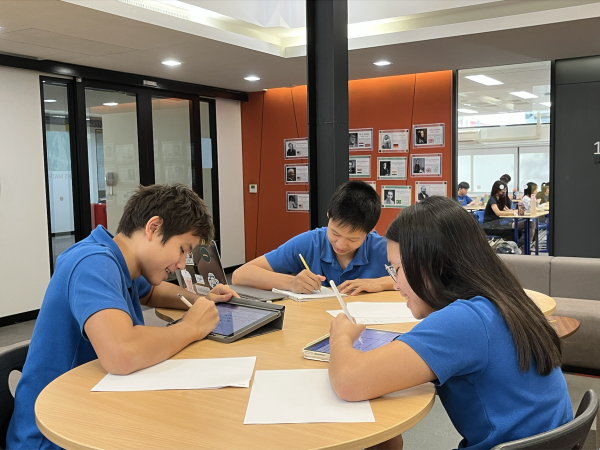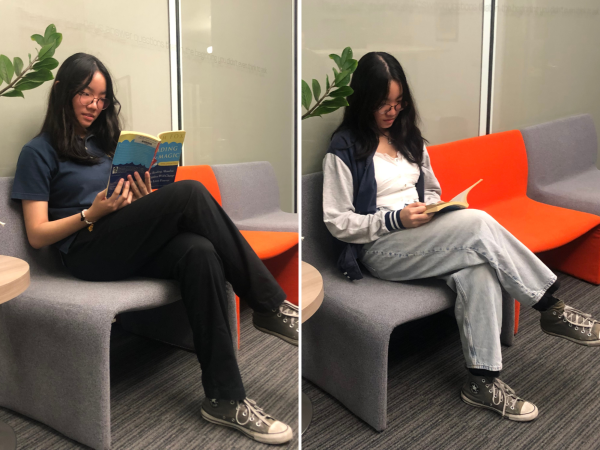Will The Thai Elections Happen in 2018?
Almost 4 years have passed since the National Council for Peace and Order (NCPO) took control of the Thai government in an attempt to de-escalate the country’s political crisis, and since then, Prime Minister Prayut Chan-o-cha has been the incumbent head of state. When the NCPO seized power from the Pheu Thai party, the junta promised to return power to the democratically elected government a year after the coup, but the election date has been repeatedly pushed back with the junta citing security concerns. A general election in Thailand is long overdue, and Prime Minister Prayut has pledged to hold elections in 2018.
After Prayut’s visit to the United States in October 2017, the White House issued the following statement:
“President Trump welcomed Thailand’s commitment
to the roadmap, which, upon completion of relevant organic laws as stipulated by the constitution, will lead to free and fair elections in 2018.”
Unfortunately, on his return to Thailand, Prayut contradicted the White House’s statement, stating that the elections would be held 150 days upon completion of the roadmap in November 2018, which would place the election date in February 2019. The backlash caused by this contradiction has
prompted Prayut to announce an election date for November 2018; however, recent events such as the delaying of the election laws and recommencement of political activities have dashed voters’ hopes of a 2018 election. Critics claim that the junta is trying to extend its reign far longer than it has promised, and this statement adds up to another long list of broken promises by the junta.
In 2015, Prayut promised then-UN Secretary General Ban Ki-Moon that the junta is committed to the roadmap and pledged to hold elections in 2016. However, the message remained the same in 2016 and 2017, with the dates being pushed back year by year. If the elections are held in 2019, the junta will have served longer than the usual term of 4 years for Prime Ministers.
The roadmap discussed previously refers to the “6-4-6-4 roadmap to democracy”, where the government would be given 6 months to draft a constitution, 4 months to hold a referendum, 6 months to draft organic laws supporting the constitution, and 4 months of campaigning prior to the election. In the past, the election date has been pushed back due to the junta rejecting various drafts of the constitution, but the current obstacle faced by the legislators are the passing of the organic laws.
While the delays do not improve the confidence of the Thai citizens in the junta and its pledge to uphold democracy, Prayut’s commitment to the roadmap and the improvement of the Thai electoral system is obvious. 2 out of the 4 organic laws has received royal endorsement and have been passed, while the other 2 are in the process of being vetted by legislators. The junta has also extended the registration deadline for political parties, allowing them to prepare for the elections. The change in some aspects of the election also allows the voters to make a bigger difference. Unlike previous elections, the upcoming elections would take the spoiled votes into account. If the “no” votes outnumber the votes of any candidates in a certain constituency, those candidates would b
e disqualified. This is a progressive change in the system since dissatisfied voters will have a legal way to boycott the election and voice their dissatisfaction, instead of turning to election violence, as has happened in the past.
 Prayut is working towards a better electoral system that would ensure peace and political stability. If an election was to be held without enough time for the organic laws to be completely drafted, it might very well send Thailand back into violence, hindering the development of the country, both politically and economically.
Prayut is working towards a better electoral system that would ensure peace and political stability. If an election was to be held without enough time for the organic laws to be completely drafted, it might very well send Thailand back into violence, hindering the development of the country, both politically and economically.
Currently, nobody knows for sure when the election will be held, since various factors could delay or bring forward the date of the election. However, Thailand should not rush into a general election if the government is not prepared. The delays happening right now is a small price to pay to ensure a smooth transition from the military junta to a democratic, politically stable Thailand.

